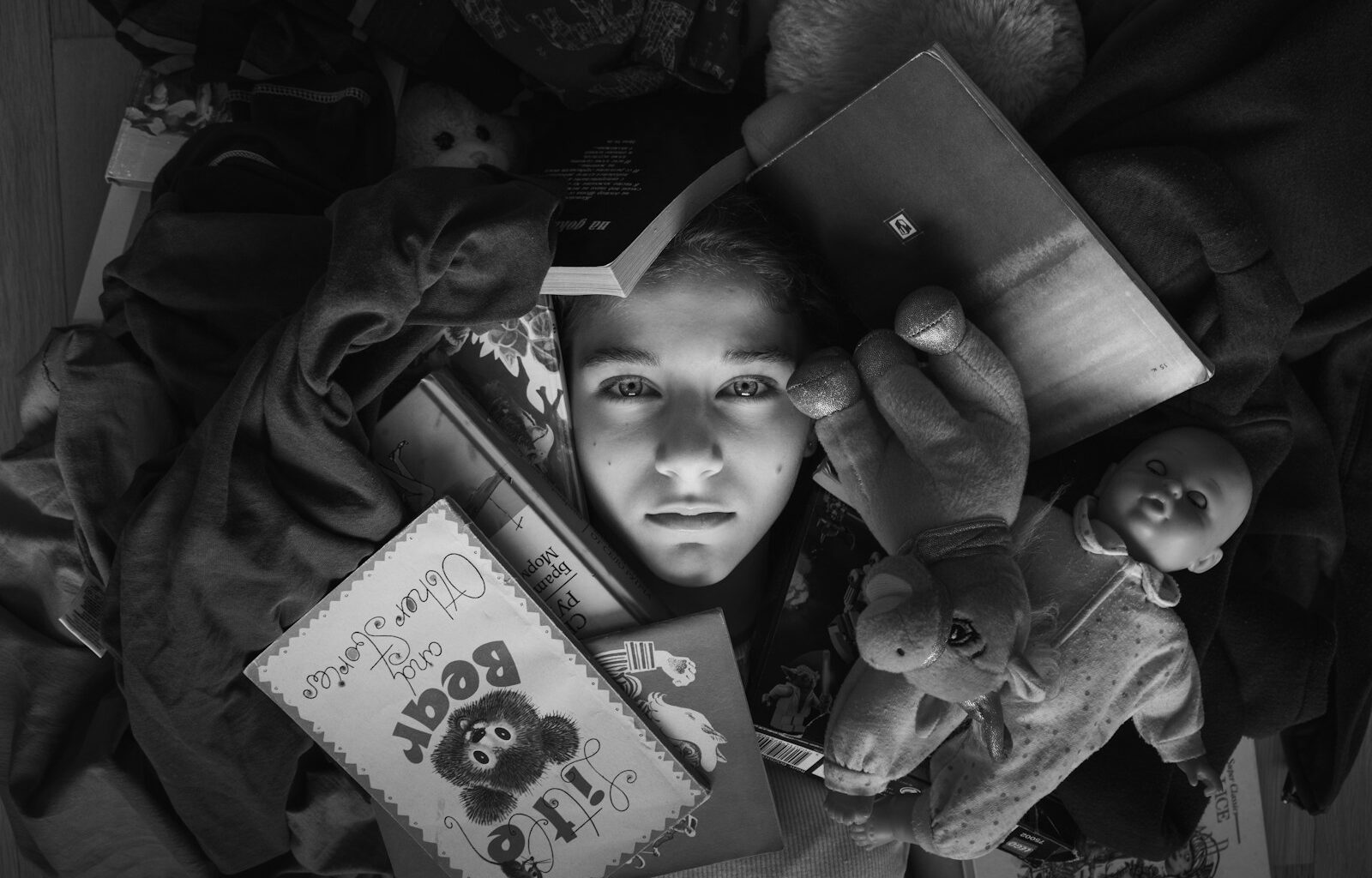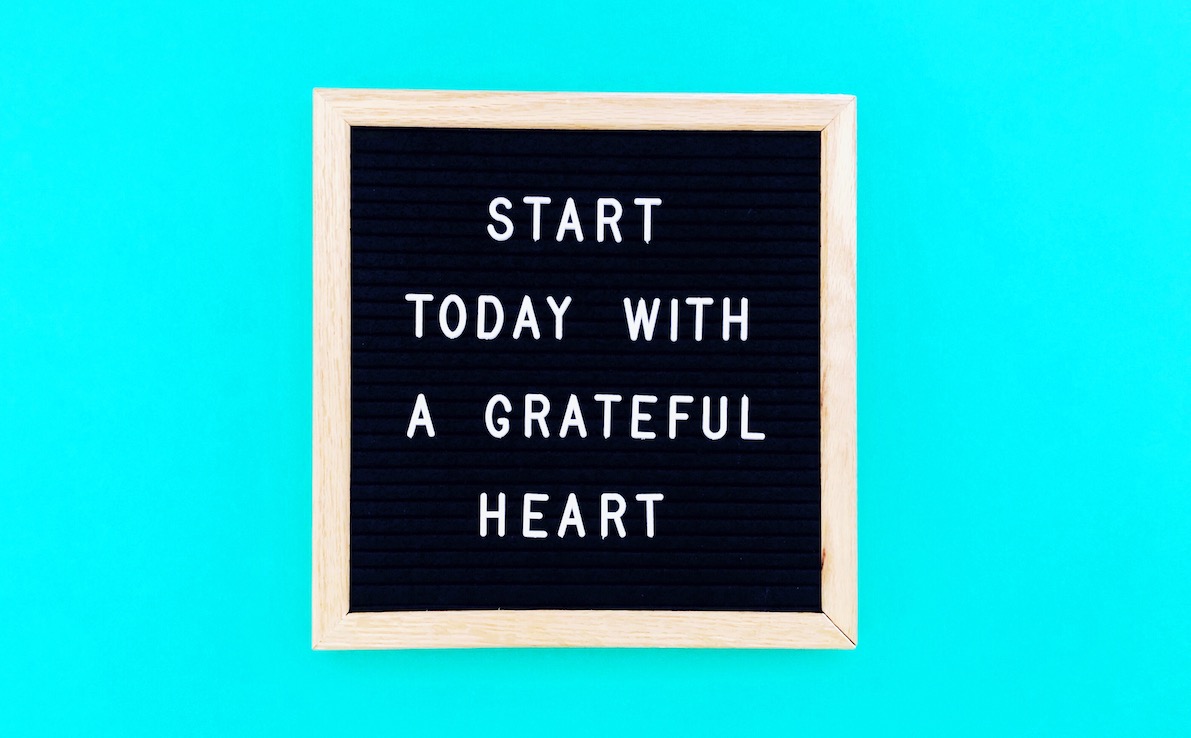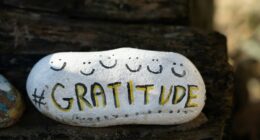Decluttering triggers powerful neurological and psychological responses that explain why organizing activities feel so satisfying and mentally restorative. Research from UCLA’s Center for Everyday Lives shows that people living in cluttered environments have chronically elevated cortisol levels and report 32% higher stress than those in organized spaces, while the act of decluttering reduces anxiety symptoms by up to 53% within hours of completion.
1. Your Brain Processes Visual Clutter as Chronic Stress
1.1 Cognitive Overload and Attention Fatigue
Visual clutter overwhelms your brain’s processing capacity by creating multiple competing stimuli that demand attention simultaneously. This constant low-level stimulation exhausts your prefrontal cortex, leading to decision fatigue, reduced concentration, and mental exhaustion that persists even when you’re not consciously noticing the mess.
1.2 Cortisol Production and Fight-or-Flight Response
Cluttered environments trigger your sympathetic nervous system, keeping your body in a mild state of alert readiness that elevates stress hormones throughout the day. This chronic cortisol elevation contributes to anxiety, insomnia, digestive problems, and weakened immune function over time.
1.3 Working Memory Interference
Disorganized spaces reduce your working memory capacity by forcing your brain to constantly filter irrelevant visual information while trying to focus on tasks. This cognitive interference can decrease productivity by up to 40% and makes complex mental tasks significantly more challenging.
1.4 Emotional Regulation Disruption
Chaotic environments disrupt the neural pathways responsible for emotional regulation, making you more reactive to stress and less able to maintain emotional equilibrium during challenging situations. Clean, organized spaces support better mood stability and emotional resilience.
2. Control and Agency Restoration Through Organization
2.1 Personal Autonomy and Decision-Making Power
Decluttering restores sense of personal agency by giving you control over your immediate environment, which psychologists identify as a fundamental human need for mental health. This control provides psychological safety and reduces feelings of helplessness that contribute to depression and anxiety.
2.2 Competence and Self-Efficacy Building
Successfully organizing spaces builds self-efficacy—your belief in your ability to accomplish goals and overcome challenges. Each decluttering victory, no matter how small, strengthens your confidence in your problem-solving abilities and capacity for positive change.
2.3 Environmental Mastery and Territorial Security
Creating organized spaces satisfies your innate need for territorial control and environmental mastery, providing psychological security that supports overall mental well-being. This sense of “owning” and controlling your space reduces anxiety and promotes feelings of stability.
2.4 Future Planning and Goal Achievement
Organizing activities require forward-thinking and systematic planning, which activate the same neural pathways involved in achieving larger life goals. This cognitive practice strengthens your ability to plan, prioritize, and follow through on important objectives.
3. Dopamine Release and Reward System Activation
3.1 Task Completion and Achievement Satisfaction
Decluttering provides immediate, visible results that trigger dopamine release through your brain’s reward system. Unlike many life goals that take months or years to achieve, organizing provides instant gratification and clear evidence of accomplishment.
3.2 Progress Visualization and Momentum Building
The visual transformation that occurs during decluttering creates powerful psychological momentum by providing concrete evidence of your ability to create positive change. This momentum often extends to other areas of life, inspiring additional self-improvement efforts.
3.3 Micro-Goal Achievement and Motivation
Breaking decluttering into small, manageable tasks creates multiple opportunities for dopamine release through frequent micro-achievements. This neurochemical reward cycle makes the organizing process naturally addictive and self-reinforcing.
3.4 Before-and-After Comparison Satisfaction
The dramatic contrast between cluttered and organized spaces creates powerful psychological satisfaction through visual comparison. Your brain processes this transformation as evidence of your effectiveness and capability, boosting self-esteem and motivation.
4. Cognitive Load Reduction and Mental Clarity
4.1 Decision Simplification and Choice Architecture
Organized environments reduce decision fatigue by creating clear systems for where things belong and how to find them. This cognitive simplification frees mental energy for more important decisions and creative thinking throughout your day.
4.2 Focus Enhancement and Attention Restoration
Clean, organized spaces allow your attention to rest and restore rather than constantly processing visual stimuli. This attention restoration improves concentration, creativity, and problem-solving abilities while reducing mental fatigue.
4.3 Memory Support and Cognitive Efficiency
Organized systems support better memory function by creating logical, predictable locations for important items and information. This external organization reduces the cognitive load of remembering where things are and what needs to be done.
4.4 Mental Space Creation and Thought Clarity
Physical decluttering often creates corresponding mental clarity by removing external distractions that interfere with deep thinking and reflection. Many people report breakthrough insights and creative solutions emerging during or after organizing sessions.
5. Identity Expression and Self-Concept Reinforcement
5.1 Values Clarification Through Object Selection
The decluttering process forces you to evaluate what items truly matter to you, clarifying your values and priorities through concrete decisions about what to keep or discard. This values clarification strengthens self-awareness and personal identity.
5.2 Ideal Self Visualization and Aspiration
Creating organized spaces helps visualize and move toward your ideal self by removing items and arrangements that don’t align with who you want to become. This process bridges the gap between current reality and future aspirations.
5.3 Personal Story Curation and Narrative Control
Choosing which possessions to keep allows you to curate the story your environment tells about who you are, creating spaces that reflect and reinforce your desired identity rather than past versions of yourself.
5.4 Authenticity and Genuine Expression
Decluttering removes items acquired for social expectations or past phases of life, leaving only possessions that genuinely reflect your current authentic self. This authenticity supports better mental health and life satisfaction.
6. Social and Cultural Psychological Factors
6.1 Social Comparison and Status Anxiety
Organized spaces reduce social anxiety by creating environments you’re comfortable sharing with others, eliminating the shame and stress associated with unexpected visitors or social gatherings. This social confidence improves relationships and reduces isolation.
6.2 Cultural Cleanliness Standards and Belonging
Meeting cultural expectations for cleanliness and organization helps you feel aligned with social norms and community standards, supporting sense of belonging and social acceptance that are crucial for mental health.
6.3 Hospitality and Generosity Expression
Clean, organized spaces enable spontaneous hospitality and social connection by removing barriers to inviting others into your home. This social openness supports relationship building and community engagement.
6.4 Productivity Culture and Achievement Alignment
In productivity-focused cultures, organized environments signal competence and success, aligning your personal space with cultural values around efficiency and achievement. This alignment reduces cognitive dissonance and supports positive self-perception.
7. Therapeutic and Emotional Processing Benefits
7.1 Emotional Release and Trauma Processing
Decluttering often involves confronting possessions connected to difficult memories or life transitions, providing opportunities for emotional processing and release. This confrontation, while sometimes challenging, supports psychological healing and growth.
7.2 Mindfulness and Present-Moment Awareness
The focused attention required for sorting, organizing, and decision-making during decluttering creates natural mindfulness practice that reduces rumination and increases present-moment awareness. This mindful engagement supports emotional regulation and stress reduction.
7.3 Grief and Loss Resolution
Removing items connected to deceased loved ones, ended relationships, or past life phases helps process grief and facilitates healthy emotional transitions. This process, while difficult, prevents emotional stagnation and supports psychological growth.
7.4 Self-Care and Nurturing Behavior
Decluttering represents an act of self-care and environmental nurturing that signals self-worth and personal value. This nurturing behavior strengthens self-compassion and supports positive mental health practices.
Conclusion
The psychological appeal of decluttering stems from its ability to address multiple fundamental human needs simultaneously: control, achievement, clarity, identity expression, and emotional processing. Understanding these psychological mechanisms explains why organizing feels so satisfying and why clean environments have such powerful effects on mental health and well-being. The most effective approach to decluttering embraces both the practical benefits of organization and the deeper psychological rewards of creating spaces that support your authentic self and mental clarity. Your environment shapes your psychology more than you realize—by consciously creating organized, intentional spaces, you’re actively supporting your mental health and psychological well-being.












